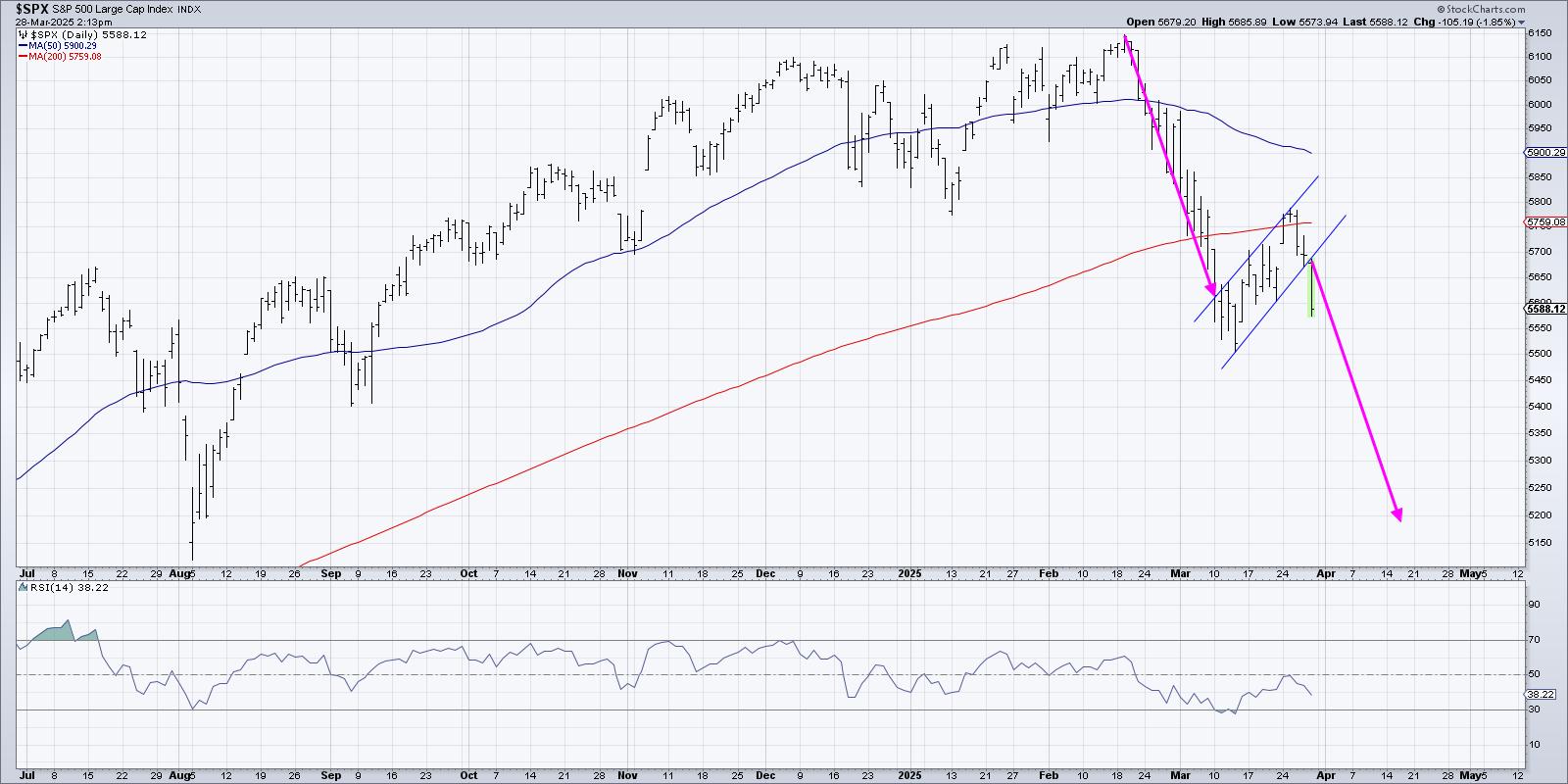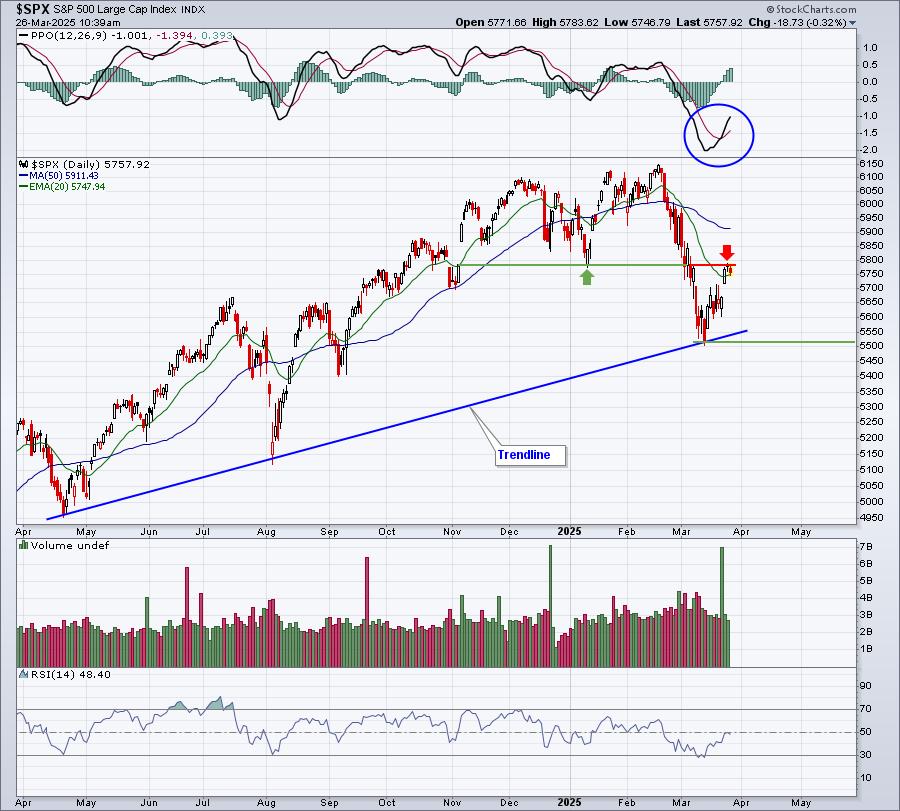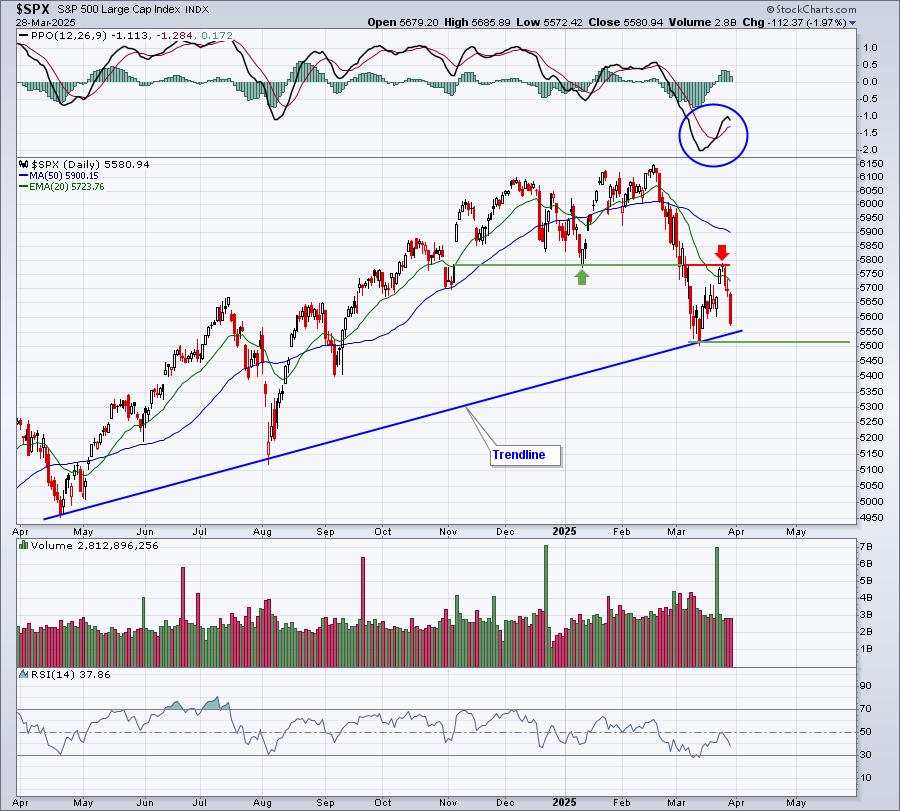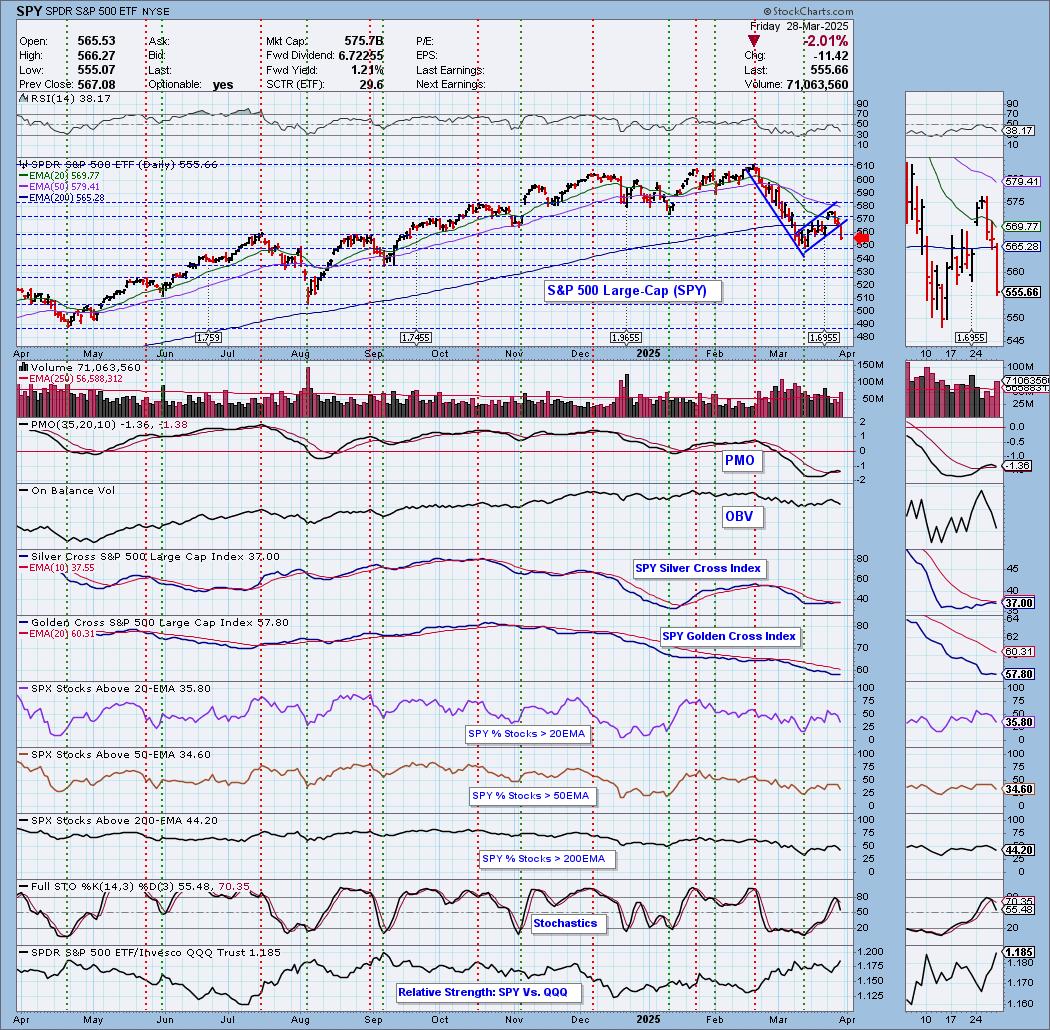 Over the years during hundreds of presentations I stressed that there are three primary components to a solid rules-based model; in my case it was trend following. First, you need to Measure the market. This can be a group of indicators designed to show you what the market has been doing recently with the hope (wish, prayer, etc.) that it continues.* Second, you need a robust set of Rules to tell you exactly how to trade what your measuring tells you. And finally, and equally as important, you need the Discipline to follow your process all of the time. Especially when it isn’t working like you would like it to. This is why I enjoyed working at Stadion for so many years; they were in total agreement with this process. The goal of this article is to stress the critically important role that discipline plays in investing.
Over the years during hundreds of presentations I stressed that there are three primary components to a solid rules-based model; in my case it was trend following. First, you need to Measure the market. This can be a group of indicators designed to show you what the market has been doing recently with the hope (wish, prayer, etc.) that it continues.* Second, you need a robust set of Rules to tell you exactly how to trade what your measuring tells you. And finally, and equally as important, you need the Discipline to follow your process all of the time. Especially when it isn’t working like you would like it to. This is why I enjoyed working at Stadion for so many years; they were in total agreement with this process. The goal of this article is to stress the critically important role that discipline plays in investing.
*As a trend follower, when my indicators show that a trend has my requirements to indicate it is underway, I am working on the assumption that it will continue. If it does, great. If it doesn’t my early tight stops protect me.
“It ain’t what you know that gets you in trouble, it’s what you know for sure that just ain’t so.” – Mark Twain
Dance with the One That Brung Ya! My apologies to Darrell Royal, the University of Texas football coach who used this saying often when defending his continued use of the “wishbone T,” an offensive football formation that some were always questioning. The saying has a valuable message that is applicable to many endeavors; simply; do not forget how you got where you are. It is very appropriate to investing strategies that have long-term success.
It seems that this simple, yet on-the-mark concept gets lost when it comes to making money in the equities market. The fortunate among us have enough experience and confidence in their methods that they do not let the short-term uncertainties of the market sway their investment strategies. We know that most of the short-term focus is merely noise and has no affect on the long-term supply and demand driven trends. This is the true advantage of following a rules-based technical model; it removes those most-often-wrong emotional decisions. Plain and simple – it gives us discipline.
Exceptional discipline (the other E.D.) and objectivity will keep you from falling victim to short-term emotion and chasing something new, even though you know your long-term methods are sound. The uncertainty of the market requires a methodology that allows you to participate in most of the good times and avoid most of the bad times. The only thing worse than being wrong, is staying wrong. So why do we believe information that does not hold up under scrutiny? Simply because we are human!
Being human has some real baggage with it, which makes discipline even more difficult. Behavioral psychologists will tell you that as human beings, we can remember significant facts about events of the past. However, our memories are tainted with our perceptions, our education, and a personal understanding of things in general. We cannot grasp an entire set of details surrounding an event that we do not know at the time, only the actual event itself. Reconstructing the past usually consists of combining a few significant facts and sprinkling those facts with lots of personal beliefs and opinions. This is quite natural and attributable to a human’s inability to deal with uncertainty and randomness. Believe me, I can attest to this when I tell fighter pilot stories from over forty plus years ago; I think the word is embellishment. I flew higher, I flew faster, had more carrier landings, had more at night, and I pulled more G’s than ever. A detective will tell you that eyewitness accounting of an event must happen as soon as possible and that eyewitnesses must be kept separate from one another. This is because each one will associate personal understandings, education, and beliefs into their accounting of the event. And one strong personality in the group can be very convincing to the weaker in the group.
Enough with the lesson about the human mind! What am I saying with all of this? Here is my point: It is foolish to count on your emotions in the moment when the going gets rough. That is why I follow a technically based set of investing rules. It is not perfect, but it is far superior to the short-term inaccuracies that are inherent to the human brain. Your emotional decisions will almost always disappoint you in the long run.
I want to share a story with you. I have been on a diet my entire adult life. Seriously! Last spring my wife and I were driving in the north Georgia mountains one Sunday afternoon. I stopped at an old filling station for gas. For all the young people that is a place where you buy gasoline, and is now called a service station. It had the old style pumps so I had to go inside to pay for the gas. I see a candy bar near the register and buy it. As I’m walking back to the car, I can see my wife “giving me that look.” You know that look, don’t you? I get into the car and she says, “You just don’t have any discipline!” I said, “That’s not true, because you don’t know how many of these I wanted.” I tell that story because discipline is not a knob or a lever that you can subjectively set each day. Discipline is something that must be instilled into your life and your work. I think everyone will agree that when it comes to investing, a disciplined approach is probably going to be a better approach. I’ll take that one step further and say that a disciplined life is probably going to be a good life. Discipline is a critical element for success in the stock market and in life. Sorry, I’ll stop preaching.
There are hundreds of technical investment strategies / models / processes that would be enormously successful over time if the element of discipline were present. The problem is that most traders will abandon a time-tested strategy once it has a few whipsaws or worse yet, it doesn't beat the market. This is after they have spent an enormous amount of time testing and validating that strategy back 50+ years. Beating the market is a fool’s game, your goal should be to give yourself a comfortable return over time without having to experience the pain of riding bear markets down and back up again. I’d be so bold as to say a moving average crossover system will do better than most IF FOLLOWED and not abandoned when your emotions kick in.
Thank you for all the comments and especially the suggestions for future articles. They are all read and noted. The graphic at the beginning is of my beloved Navy F-4J Phantom sitting on the waist catapult on the USS Independence in the Mediterranean Sea in early 1975 on my last cruise. I try to find a graphic that somewhat is close to the message of the article. When you search for images of discipline, strange results occur. My father was a disciplinarian and when a teenager I wasn’t all that fond of it, but later in life thanked him often for what rubbed off. Getting through engineering was easy because there was a Viet Nam draft. My first real taste of necessary discipline was carrier aviation in my twenties. Hence the graphic at the top.
Trade / Invest with Discipline.
Greg Morris






